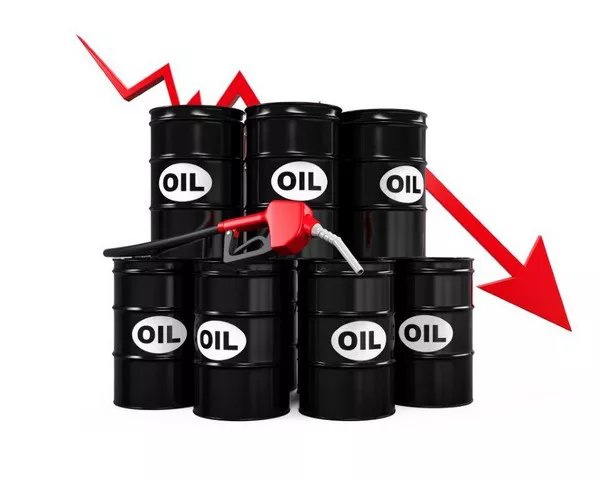The escalating geopolitical tensions in the Middle East, ignited by Hamas’ attack on Israel and subsequent retaliation, have had profound implications for global financial markets:
Oil Prices Surge: Brent crude prices saw a sharp increase, rising by over 3% to reach approximately $87.25 per barrel during Asian trading hours.
Weakening Shekel: Israel’s shekel experienced a significant decline in early trading, with the dollar advancing by 1.75% to 3.906 shekels. Israel’s dollar and euro-denominated bonds were also headed for their most substantial daily fall in two years.
Safe-Haven Currencies Gain: The safe-haven US dollar and Japanese yen posted modest gains. The dollar index registered at 106.32, showing slight firmness.
Rise in Gold Prices: Spot gold prices surged by around 1% to $1,850 per ounce.
Safe-Haven Bonds: Prices of safe-haven bonds saw an increase, with US Treasury futures gaining 0.3%. Germany’s 10-year Bund yield dipped by 5 basis points to 2.839%, moving away from recent highs.
Defence Stocks Rally: European defence companies’ shares rose by 1.2%.
Airlines Under Pressure: Travel and leisure stocks, including British Airways parent IAG, witnessed a 1.2% decline as airline shares plunged.
Financial experts and analysts have offered their insights on the situation:
Mohit Kumar, Chief Europe Economist, Jefferies, London:
“The coming days are likely to be driven by geopolitical risks, rather than fundamentals. The scale of the attack and loss of lives imply that the response is likely to last for a few months, potentially till year-end. From a market’s perspective, key would be whether Iran gets drawn into the conflict and what happens to oil prices over the coming weeks. For markets, the geopolitical risks add another uncertainty for investors when convictions are already low.”
Chris Beauchamp, Chief Market Analyst, IG Group:
“As we saw following the start of the Russo-Ukrainian war, the focus will now be on attempting to assess the ramifications of the conflict, and whether it will widen to include other states. Oil prices will be under the spotlight, with supply disruption fears providing a reason for Brent and WTI to rally. However, a repeat of the 1973 oil price spike seems unlikely, given the diminished role of OPEC and a changed diplomatic landscape.”
Carol Kong, Currency Strategist, Commonwealth Bank of Australia, Sydney:
“The risk is higher oil prices, a slump in equities, and a surge in volatility supports the USD and JPY and undermines ‘risk’ currencies such as AUD and NZD. A response by Iran in the Straits of Hormuz is the wild-card for oil supply and currency reaction.”
Michael Hewson, Chief Market Analyst, CMC Markets, London:
“The events over the weekend and the Hamas atrocities in Israel, and the latter’s reaction to them and subsequent declaration of war, have prompted a move into the U.S. dollar, gold as well as a modest bid into bonds, as concerns over escalation risks move to front of mind.”
Alvin Tan, Head of Asia FX Strategy, RBS Capital Markets:
“The current scope of the conflict has no direct impact on global oil supply, but the worry is that it might drag in Iran.”
Ipek Ozkardeskaya, Senior Analyst, Swissquote Bank, Geneva:
“From a geopolitical perspective, this war is different from the one in 1973 because the political and the geopolitical landscape is unalike. Potential retaliation against Tehran is a serious upside risk for oil prices. We will keep an eye on developments but don’t speculate on a full-blast rise in oil prices for now.”


